Empowering Homes: Harnessing Solar Battery Charging with Hybrid Inverters
Introduction
In recent years, the pursuit of sustainable energy solutions has gained momentum worldwide. Among these, the integration of solar power and battery storage stands out as a promising approach to reducing dependence on fossil fuels and enhancing energy resilience. This article delves into the pivotal role of hybrid inverters with solar battery charging capabilities in transforming residential energy systems. By exploring their functionalities, benefits, technological advancements, and practical applications, we aim to provide a comprehensive understanding of how these systems empower homes to achieve greater energy independence and efficiency.
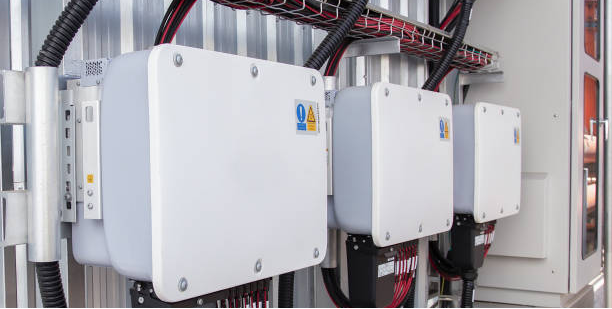
Understanding Hybrid Inverters
Hybrid inverters represent a significant advancement in renewable energy technology. Unlike traditional inverters that convert DC electricity from solar panels into AC power for immediate use or grid export, hybrid inverters are equipped with the capability to manage both solar energy generation and battery storage. This dual functionality enables households to store excess solar energy during the day for later use, thereby optimizing self-consumption and reducing reliance on the grid.
Solar Battery Charging: Enhancing Energy Storage
Central to the effectiveness of hybrid inverters is their ability to charge and discharge batteries efficiently. Solar battery systems, when paired with hybrid inverters, serve as reservoirs for surplus solar energy, ensuring a steady supply of electricity even during periods of low solar irradiance or grid outages. This capability not only enhances energy independence but also contributes to grid stability by reducing peak demand and supporting load management strategies.
Benefits for Homeowners
The adoption of hybrid inverters with solar battery charging brings numerous benefits to homeowners. Firstly, it offers significant savings on electricity bills by maximizing self-consumption of solar energy and reducing reliance on expensive grid power. Secondly, it provides backup power during blackouts, safeguarding essential appliances and ensuring continuity of daily activities. Moreover, these systems contribute to environmental conservation by lowering carbon emissions associated with conventional energy sources.
Technological Advancements and Innovations
Innovation in hybrid inverter technology continues to drive improvements in efficiency, reliability, and functionality. Modern inverters feature advanced monitoring and control capabilities, allowing homeowners to remotely monitor energy production, consumption patterns, and battery status via intuitive smartphone apps or web interfaces. Furthermore, integration with smart home systems enables seamless automation of energy usage based on real-time conditions and user preferences, further optimizing energy efficiency.
Practical Applications and Case Studies
Real-world applications demonstrate the versatility and efficacy of hybrid inverters with solar battery charging in diverse residential settings. For instance, in regions prone to frequent power outages, homeowners rely on these systems to maintain uninterrupted power supply for critical loads such as refrigeration, medical equipment, and communication devices. Similarly, in off-grid or remote areas, hybrid inverters enable self-sufficiency by harnessing renewable energy sources without the need for costly grid infrastructure.
Challenges and Considerations
Despite their advantages, the adoption of hybrid inverters with solar battery charging is not without challenges. Initial investment costs, although declining, remain a barrier for some homeowners. Moreover, ensuring compatibility between inverters, batteries, and existing solar PV systems requires careful consideration of technical specifications and system design. Addressing these challenges involves educating consumers, improving financing options, and fostering collaboration among industry stakeholders.
Future Outlook and Conclusion
Looking ahead, the future of hybrid inverters with solar battery charging appears promising. Continued advancements in technology, coupled with favorable policy frameworks and increasing consumer awareness, are expected to drive widespread adoption. As these systems become more accessible and affordable, they will play a crucial role in the global transition towards sustainable energy solutions, empowering homeowners to take control of their energy consumption, reduce environmental impact, and build resilient communities.
Conclusion
In conclusion, hybrid inverters with solar battery charging represent a transformative innovation in residential energy systems, offering homeowners the ability to harness solar power more effectively, store surplus energy, and enhance energy resilience. By leveraging these technologies, households can reduce dependence on traditional energy sources, lower electricity costs, and contribute to a cleaner, more sustainable future. As we continue to embrace renewable energy solutions, the integration of hybrid inverters with solar battery charging stands as a beacon of progress towards a greener and more resilient energy landscape.
Contact us
- Email:[email protected]
- Tel: +86 13651638099
- Address: 333 Fengcun Road, Fengxian District, Shanghai
Get A Quote Now!
Read more
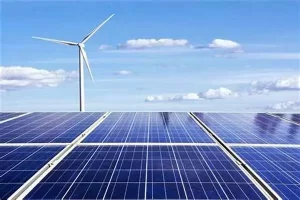
Unveiling Photovoltaic+Energy Storage: Four Major Application Scenarios Leading the Future of Energy
In this way, the energy landscape is evolving, and one of the most thrilling developments in renewables is the integration of photovoltaics energy storage.
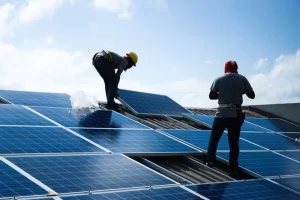
From Theory to Practice: Four Methods for Estimating Photovoltaic Power Generation
Photovoltaic power generation has become an essential part of modern energy solutions, particularly in home solar systems and distributed power applications
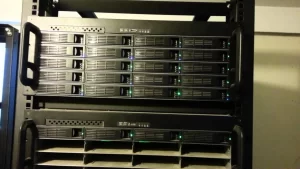
Rack-Mounted Lithium Iron Batteries: Creating Efficient and Reliable Energy Storage Solutions
When it comes to modern energy solutions, rack-mounted lithium iron batteries are taking center stage in a variety of industries. Whether you’re powering data centers, stabilizing energy for households, or keeping critical systems online at 5G base stations, these batteries have become the unsung heroes of our electrified world.
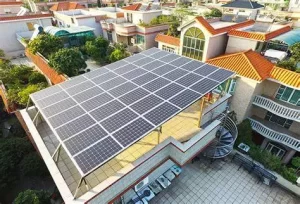
Late Night Energy Saving Tips: How to Maximize Electricity Savings During Off-Peak Hours
With rising energy costs, homeowners are increasingly exploring innovative ways to save on their electricity bills. One effective approach is utilizing off-peak hours—times when electricity rates are significantly lower due to reduced demand.
